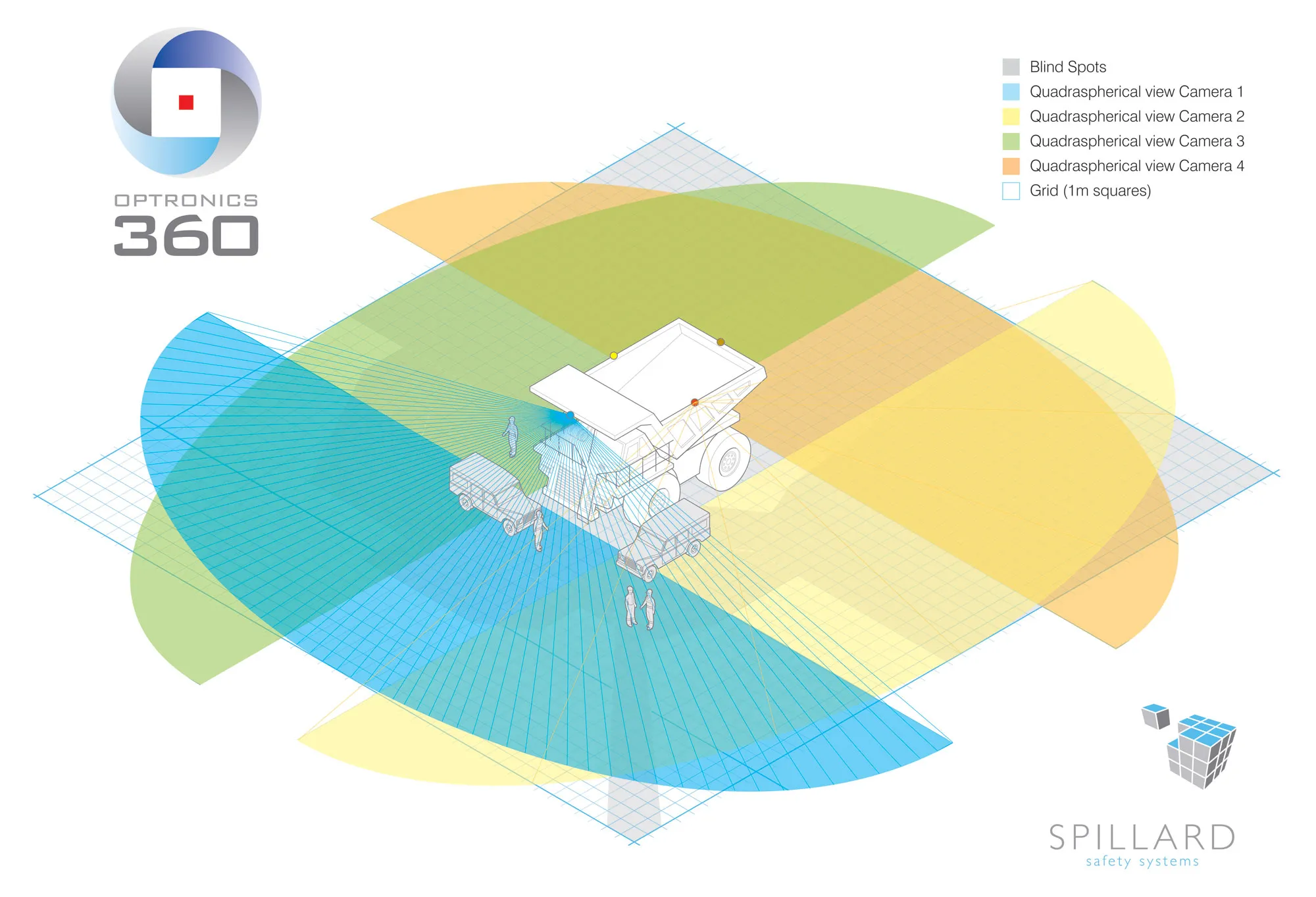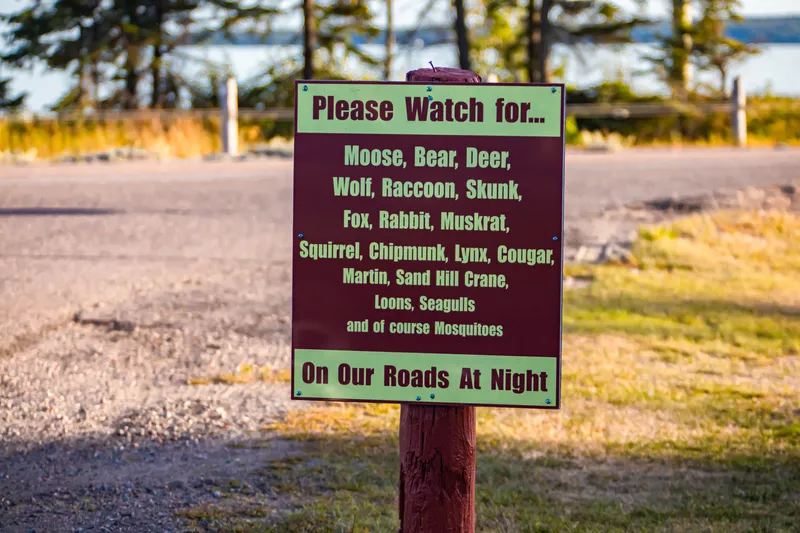Technology developed by Melbourne’s La Trobe University’s Centre for Technology Infusion that aims to reduce or even eliminate accidents at railway level crossings is to be trialled by the Queensland government as part of a $2 million commitment to address safety at rail crossings. The system uses GPS and dedicated short range communications (DSRC) wireless technology to establish a wireless connection between trains and vehicles approaching a railway crossing. The system is designed to detect the possibili
June 14, 2013
Read time: 2 mins
Technology developed by Melbourne’s La Trobe University’s Centre for Technology Infusion that aims to reduce or even eliminate accidents at railway level crossings is to be trialled by the Queensland government as part of a $2 million commitment to address safety at rail crossings.
The system uses GPS and dedicated short range communications (DSRC) wireless technology to establish a wireless connection between trains and vehicles approaching a railway crossing. The system is designed to detect the possibility of a collision and alert the driver with in-car audio-visual alerts that escalate in volume and intensity as the train gets closer to the crossing.
Director of the Centre for Technology Infusion, Professor Jack Singh, says that the technology underwent a limited trial in Melbourne last year, with eight trains involved over six weeks.
The Queensland Government’s trial will involve a larger number of trains, as well as heavy and commercial vehicles, over a six-month period.
“The project will greatly benefit driving safety in Australia. As a leading Australian technology and underpinned by Australian expertise, there is the added benefit of export potential,” said Professor McGaw of the Faculty of Science, Technology and Engineering.
With around 9,500 level crossings on Australian roads, technology that can alert drivers to approaching trains is of considerable benefit at those crossings which have no flashing lights or boom barriers – approximately two thirds of all level crossings in Australia.
Professor Jack Singh explained the benefits of the technology extended well beyond improving level crossing safety. “Collision warning systems including Cooperative Intelligent Transport Systems technology have been hailed by the motor vehicle industry as the next area of major road safety innovation, following in the footsteps of seat belts, airbags and ABS systems to save lives on the roads,” he said.
The system uses GPS and dedicated short range communications (DSRC) wireless technology to establish a wireless connection between trains and vehicles approaching a railway crossing. The system is designed to detect the possibility of a collision and alert the driver with in-car audio-visual alerts that escalate in volume and intensity as the train gets closer to the crossing.
Director of the Centre for Technology Infusion, Professor Jack Singh, says that the technology underwent a limited trial in Melbourne last year, with eight trains involved over six weeks.
The Queensland Government’s trial will involve a larger number of trains, as well as heavy and commercial vehicles, over a six-month period.
“The project will greatly benefit driving safety in Australia. As a leading Australian technology and underpinned by Australian expertise, there is the added benefit of export potential,” said Professor McGaw of the Faculty of Science, Technology and Engineering.
With around 9,500 level crossings on Australian roads, technology that can alert drivers to approaching trains is of considerable benefit at those crossings which have no flashing lights or boom barriers – approximately two thirds of all level crossings in Australia.
Professor Jack Singh explained the benefits of the technology extended well beyond improving level crossing safety. “Collision warning systems including Cooperative Intelligent Transport Systems technology have been hailed by the motor vehicle industry as the next area of major road safety innovation, following in the footsteps of seat belts, airbags and ABS systems to save lives on the roads,” he said.








